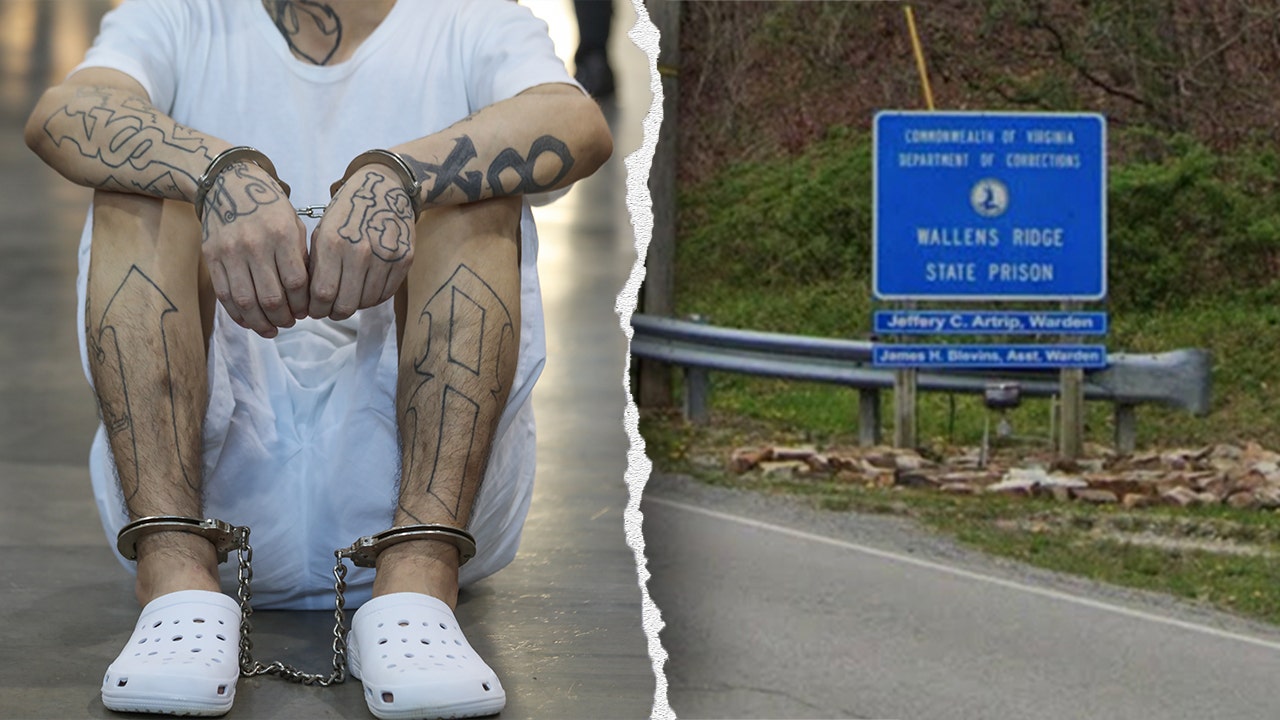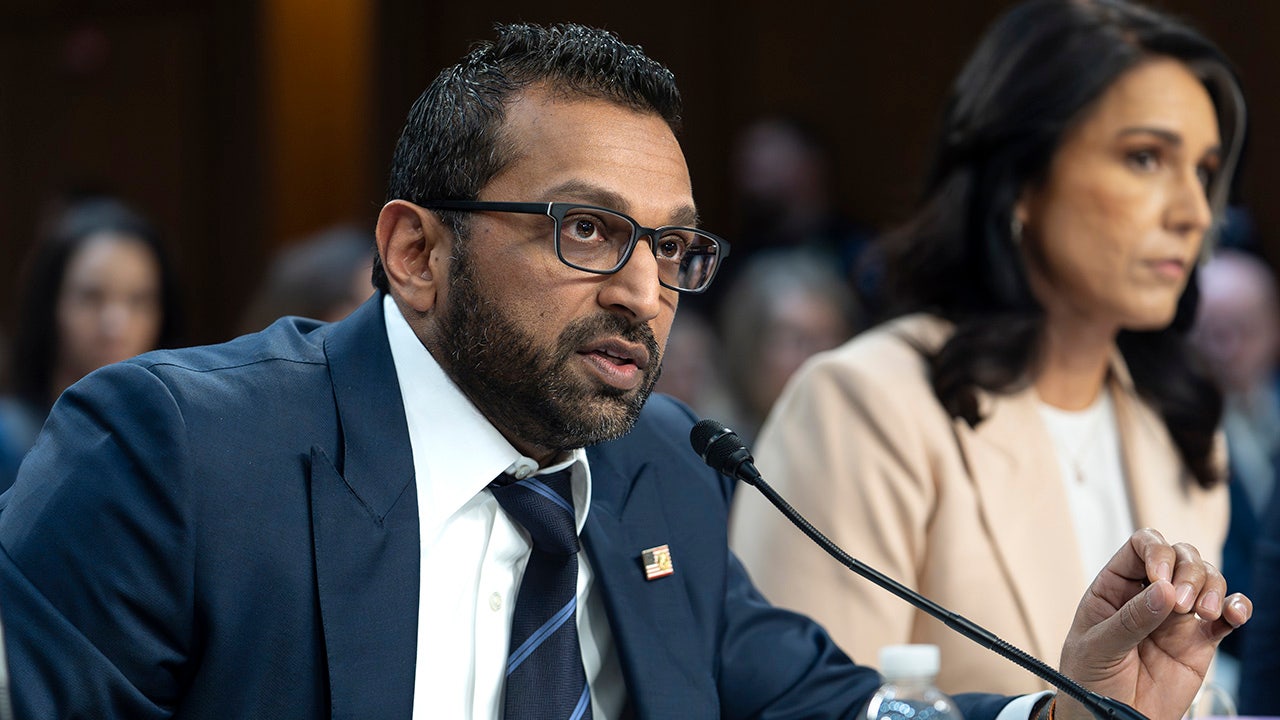A disputed North Carolina state supreme court race that took nearly six months to resolve revealed a playbook for future candidates who lose elections to retroactively challenge votes, observers warn, but its ultimate resolution sent a signal that federal courts are unlikely to support an effort to overturn the results of an election.
Democrat Allison Riggs defeated Republican Jefferson Griffin by 734 votes last November out of around 5.5m cast. But for months afterwards, Griffin waged an aggressive legal fight to get 65,000 votes thrown out after the election, even though those voters followed all of the rules election officials had set in advance.
The effort was largely seen as a long shot until the North Carolina court of appeals accepted the challenge and said more than 60,000 voters had to prove their eligibility, months after the election, or have their votes thrown out. The Republican-controlled North Carolina supreme court significantly narrowed the number of people who had to prove their eligibility, but still left the door open to more than 1,000 votes being tossed.
However, Judge Richard Myers II, a conservative federal judge appointed by Donald Trump, halted that effort on 5 May and ordered the North Carolina state board of elections to certify the race. “You establish the rules before the game. You don’t change them after the game is done,” he wrote in his ruling. Griffin shortly after said he would not appeal against the election and conceded the race.
The North Carolina episode marked the most aggressive push by a Republican to overturn an election since Donald Trump’s blunt push to overturn the results of the 2020 presidential race. While both efforts were unsuccessful, the North Carolina state court’s embrace of such a brazen effort to disenfranchise voters after an election could set the stage for another candidate to try the same thing.
“The damage to future North Carolina elections has already been done,” Bryan Anderson, a North Carolina reporter who authors the Substack newsletter Anderson Alerts, warned.
The North Carolina judges who had ruled in favor of Griffin, Anderson wrote, “have issued decisions paving the way for retroactive voter challenges. It’s a view that can’t be put back in a box and stands to create little incentive for candidates to concede defeat in close elections going forward.”
“There’s now also precedent for wrongly challenging voters who followed all rules in place at the time of an election and leaving them without any means to address concerns with their ballots,” he added.
Although the North Carolina state board of elections was not willing to entertain Griffin’s challenges in the future this time around, North Carolina Republicans wrestled control of the state elections board from Democrats, and might be more willing to entertain efforts to disenfranchise voters.
Richard Hasen, an election law scholar at the University of California Los Angeles said the episode sent “two conflicting signals, and it’s hard to know which one is going to dominate”.
On the one hand, he said Donald Trump has created an atmosphere in which Republicans are “increasingly willing to believe” elections are being stolen and embrace efforts to overturn them.
“On the other hand, the fact that you have pushback, at least from the federal courts, should give some people pause,” he said.
Sean Morales-Doyle, director of the voting rights and elections program at the Brennan Center for Justice, said he believed the saga “closed the door” to similar challenges in the future.
“Certainly it is a shame that it took six months to get here, but the end result here is a reaffirmation of the fact that the federal courts aren’t going to stand for changing the rules for an election after it’s been run,” he said. “Will other people try this? Maybe. But I think the lesson that should be learned from this is actually this won’t work.”
But Griffin’s efforts may have “only failed because the federal courts that oversee North Carolina happen to be free of partisan corruption”, Mark Stern, a legal reporter, wrote in Slate.
“But what if a Republican candidate loses by a hair in, say, Texas, where state and federal courts are badly tainted by GOP bias,” he wrote. “Griffin has laid out the blueprint for an election heist in such a scenario, with Scotus standing as the lone bulwark against an assault on democracy.”
Although Republicans have been responsible for bringing election denialism into the mainstream in recent years, Benjamin Ginsberg, a well-respected Republican election lawyer who worked on George W Bush’s team during the Florida recount in 2000, said the legal strategy Griffin deployed was essentially what Al Gore tried to do.
“That strategy has not worked, which is not to say somebody won’t try it again. Because history would teach you that candidates who lose narrow races, try everything. Throw it on the wall and see what sticks,” he said.
.png)
 German (DE)
German (DE)  English (US)
English (US)  Spanish (ES)
Spanish (ES)  French (FR)
French (FR)  Hindi (IN)
Hindi (IN)  Italian (IT)
Italian (IT)  Russian (RU)
Russian (RU) 








Comments